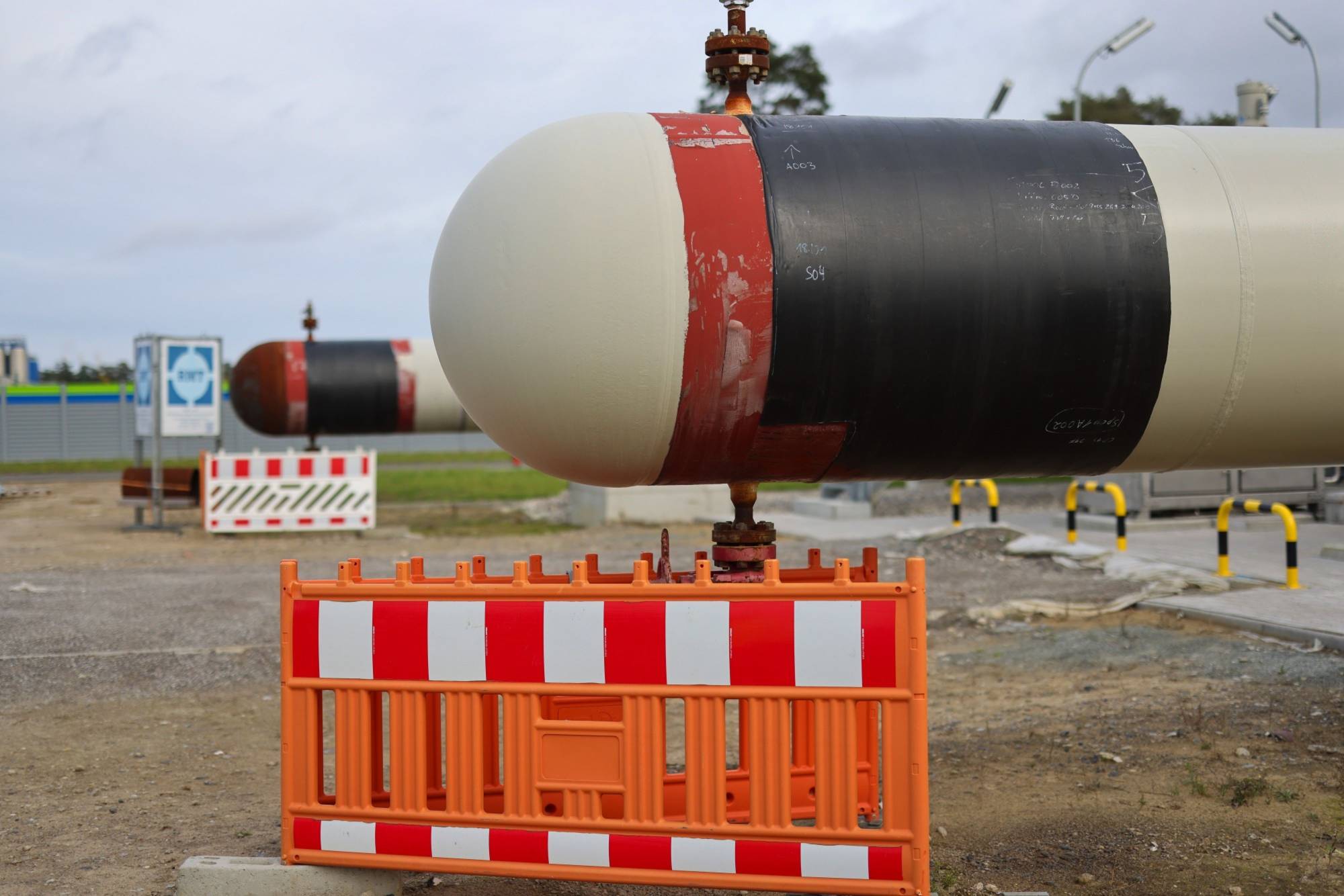The Nord Stream 2 gas pipeline linking Russia to Germany beneath the Baltic Sea is vilified in the U.S. and parts of Europe as a Russian plot to ensnare European gas buyers. It’s not. It’s the final link in a 30-year project to divert Russian oil and gas exports away from transit routes across former Soviet neighbors.
From a Russian perspective, that’s a perfectly logical goal. If you don’t think so, just ask the Canadians about Keystone XL.
Ever since the Soviet Union broke apart in 1991, Russia has been faced with the problem of being dependent on pipelines running across countries that were suddenly independent, and not necessarily friendly, to transport almost all of its oil and gas to international markets.

















With your current subscription plan you can comment on stories. However, before writing your first comment, please create a display name in the Profile section of your subscriber account page.